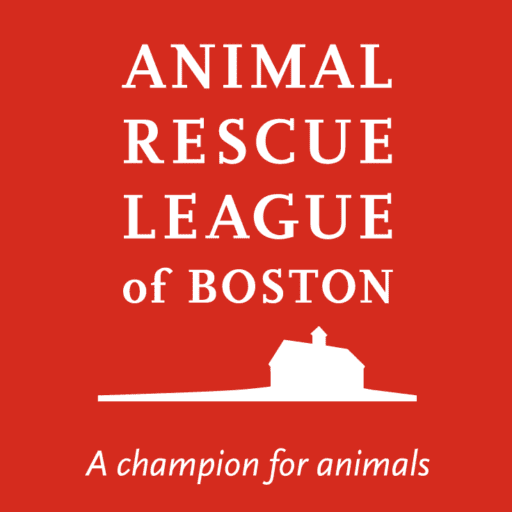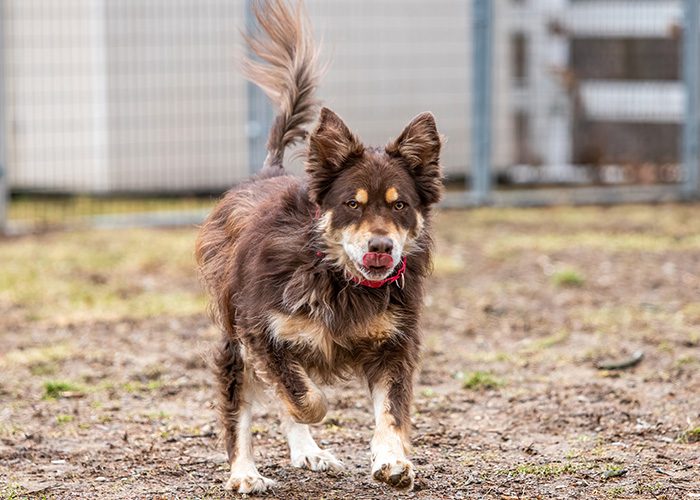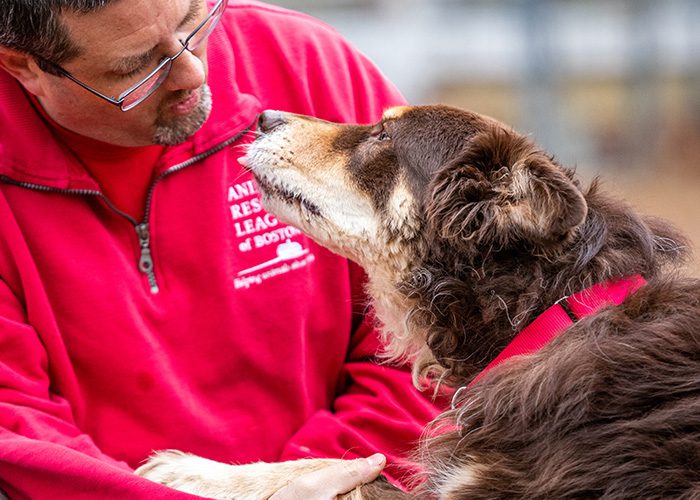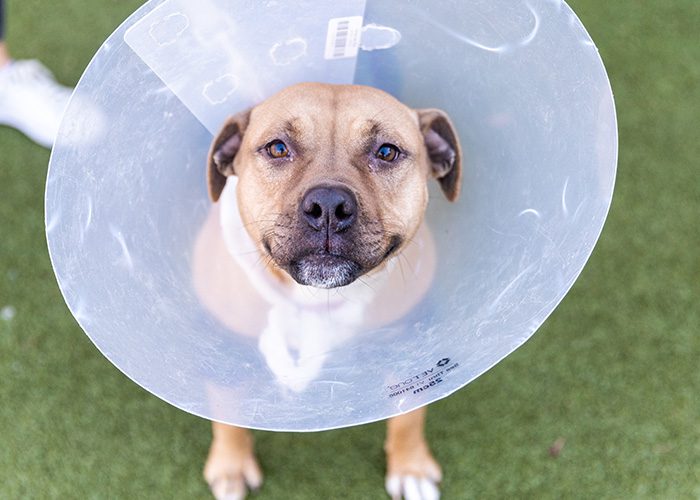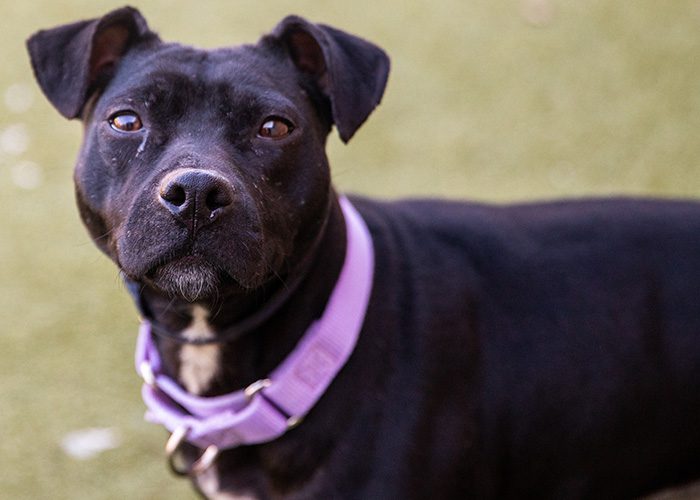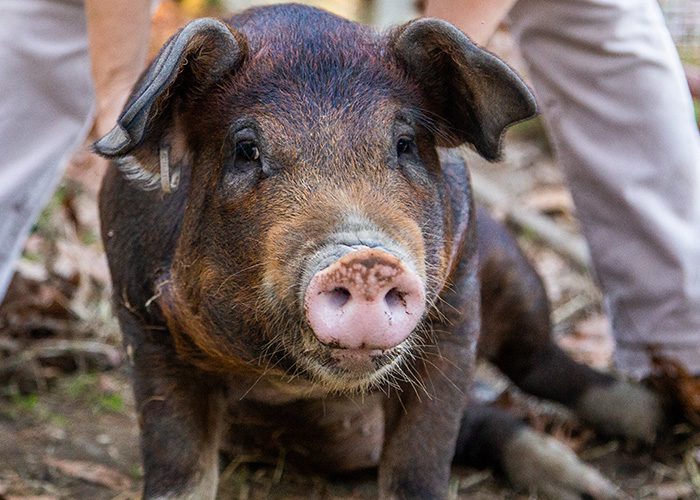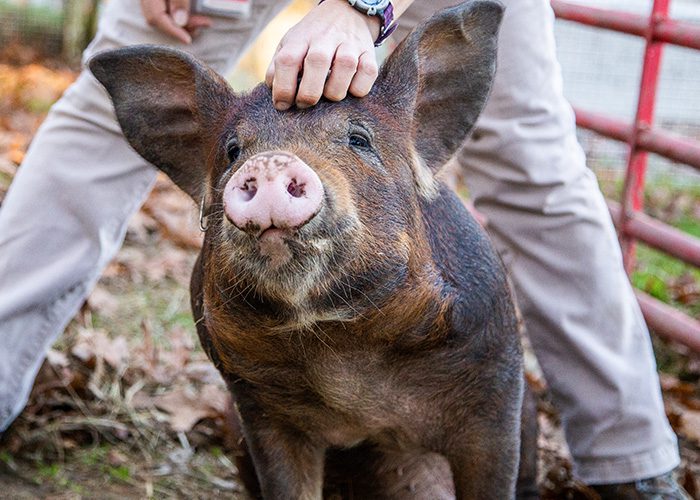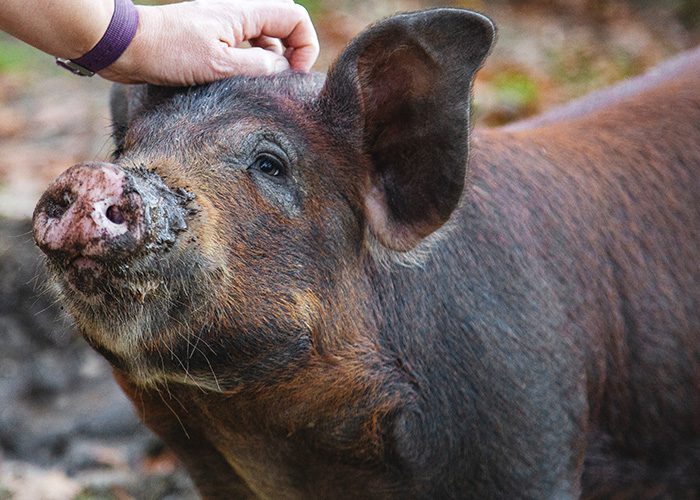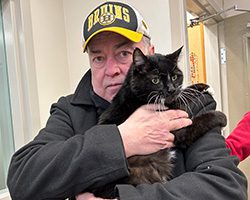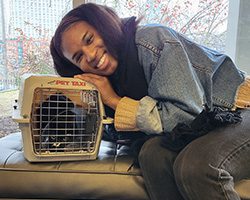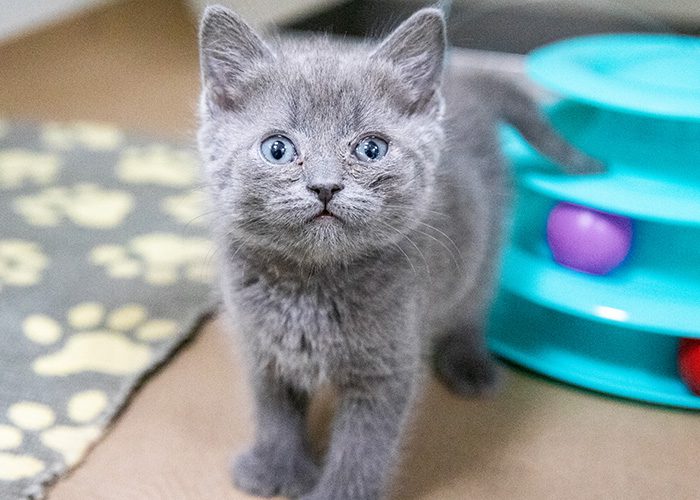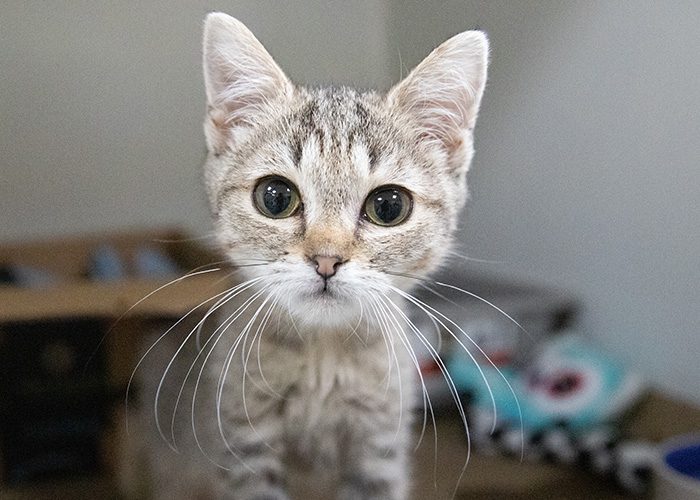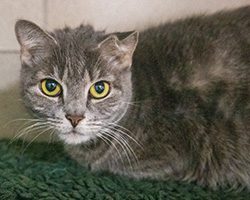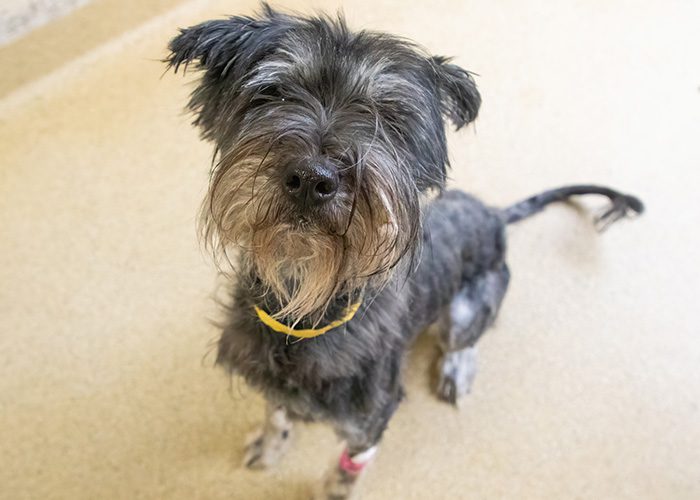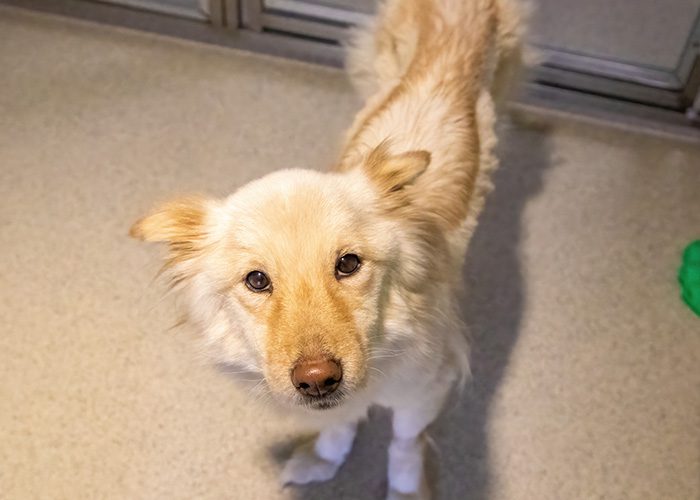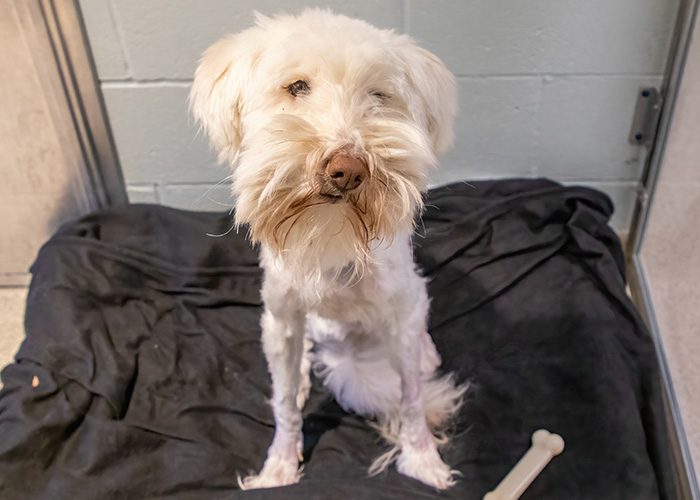Former Abandoned Dog Finds the Home He Deserves
Abandoned dog needed extensive grooming and a little TLC
The Animal Rescue League of Boston (ARL) recently took in a 9-year-old abandoned dog from an animal control officer in Worcester County, this after the Australian Shepherd mix was left tied to a large tire near a busy road.
The abandoned dog, named Charlie, realized that he had been left to fend for himself, and managed to chew through the rope and sought shelter at a nearby business where staff took him in and notified authorities.
Charlie’s owner was found rather quickly and formally surrendered the dog, but is facing charges for abandoning an animal.
Once he was surrendered, the local animal control officer contacted ARL and transported him to ARL’s Dedham Animal Care and Adoption Center.
Upon arrival, staff was notified that Charlie had not received veterinary care for some time, and given his extremely matted and unkempt coat, he was in desperate need of grooming.
ARL’s shelter medicine team gave Charlie a thorough exam, and due to the extent of the matting, Charlie needed to be sedated for his grooming and when staff was finished, he literally looked like a completely different dog!
With the uncomfortable mats removed, Charlie quickly settled into his new surroundings and became a favorite among staff and volunteers.
Charlie was friendly, well-mannered, and enjoyed being around people and taking advantage of Dedham’s outdoor paddocks to play and run around in.
Less than two weeks after arriving at ARL, Charlie was made available for adoption and quickly found his new home where he has settled in and thriving!
A Resource for Animals in Need
ARL is thrilled for the opportunity to provide Charlie with the resources he needed to overcome a difficult situation and to find him the loving home he deserves.
ARL routinely works with animal control officers from around the Commonwealth in a variety of ways, including taking in animals like Charlie.
From assisting on animal rescues, providing intake for overcrowding or other situations involving large numbers of animals, or taking in stray or lost animals, animal control officers know that ARL is always ready, willing, and able to help in any way possible and that the animals will receive high-quality care and the resources they need to thrive in the next chapters of their lives.
